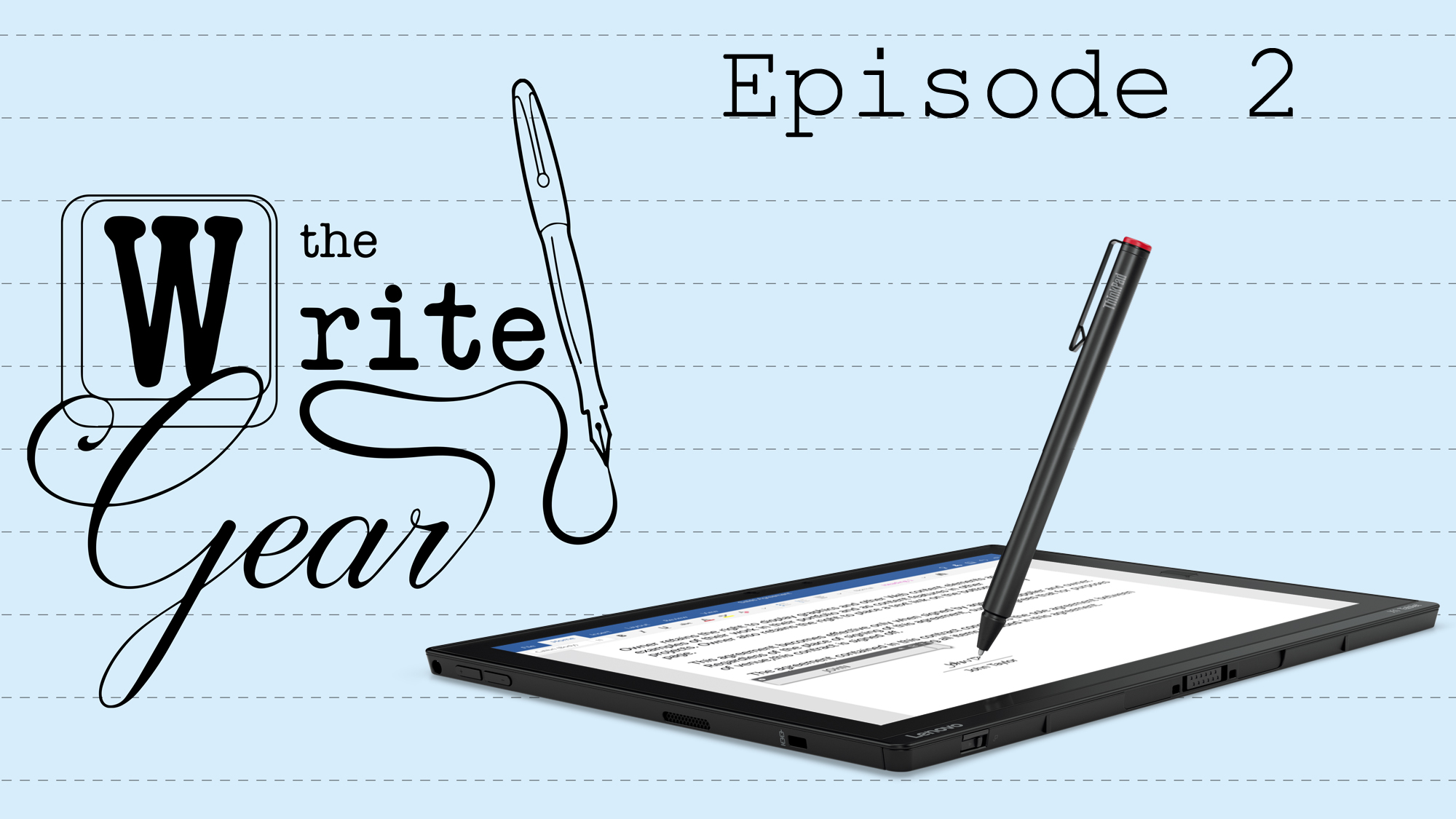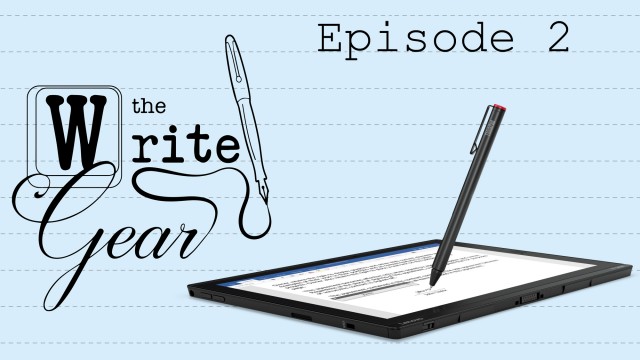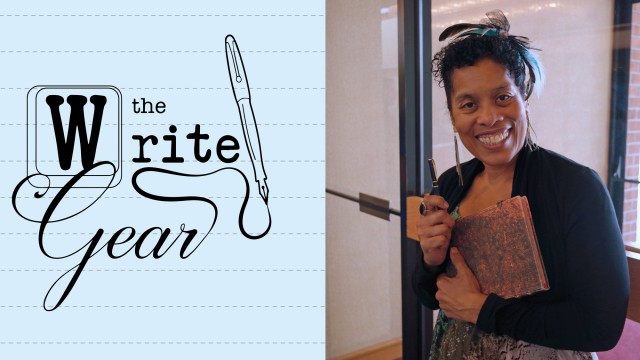
This week’s episode of my new podcast The Write Gear is almost the entire raison d’être I finally got this project off the ground. I recorded the conversation therein several years ago at ReaderCon, and ever since that time I’ve said to myself “I need to make this podcast happen so everyone can hear what Andrea Hairston has to say about writing by hand and creativity and journals and fountain pens.” After much help from my producer over at Hologram Radio, it’s finally out in the world.
Listen to TWG #3:
The Whole Body Is The Mind – A conversation with Andrea Hairston right here or
subscribe in iTunes
The Write Gear: Episode 3
I’m happy it happened during the Month of Letters since this is the time of year I spend with my pen and paper people. And by total coincidence, it went out over the series of tubes the same week that Freakonomics Radio pushed their latest podcast, “Who Needs Handwriting?” Who, indeed?
The opening asks whether writing something down is “as outdated as saying that you’re going to “dial” a phone number…” The first person host Stephen Dubner talks to is Anne Trubek, former professor at Oberlin College who focused on the history of writing and writing technologies, and writer of the controversial article “Stop Teaching Handwriting,” which you probably read or heard about if you’re a handwriting nerd. Dubner also talked to Princeton’s Dr. Pam Mueller and professor Daniel Oppenheimer, who co-authored the paper “The Pen Is Mightier Than the Keyboard: Advantages of Longhand Over Laptop Note Taking,” which, again, you probably read or heard about if you’re a handwriting nerd.
Trubek is of the opinion that the trend of schools not spending time teaching cursive or penmanship is excellent, and that we’re better off in general moving on to newer technologies that are more democratizing. She feels this, in part, because of her son’s struggle with writing in the third grade. From the article linked above:
My son… spends much of his school day struggling to learn how to form the letter “G.” … Simon now fears taking up a pencil. Repeatedly being told his handwriting is bad (a fine-motor-skill issue) has become, in his mind, proof that he is a bad writer (an expression issue). He now hates writing, period.
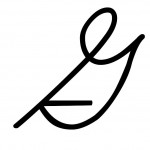 I get that the emphasis on correct cursive can be detrimental, especially when you bring in the fact that some people may not have the fine motor skills to write the perfect G, and it’s silly to expect them to as long as they can write a G of any kind and recognize the letter and understand what it does in a word. And, let’s face it, the way we are taught to make Gs in cursive is ugly and dumb.
I get that the emphasis on correct cursive can be detrimental, especially when you bring in the fact that some people may not have the fine motor skills to write the perfect G, and it’s silly to expect them to as long as they can write a G of any kind and recognize the letter and understand what it does in a word. And, let’s face it, the way we are taught to make Gs in cursive is ugly and dumb.
However, I feel like there’s a conflation with handwriting and cursive going on in both her essay and in the Freakonomics piece that I don’t think is warranted. One can write by hand and not write in cursive. One can get the benefits of writing by hand and not write in cursive. I agree with Kate Gladstone (handwriting cheerleader), who says:
Handwriting matters, but not cursive. The fastest, clearest handwriters join only some letters: making the easiest joins, skipping others, using print-like forms of letters whose cursive and printed forms disagree.
I do what Gladstone points out a majority of handwriting teachers do: a hybrid where I mix “some elements resembling print-writing, others resembling cursive.” I go for what is fast and legible.
Handwriting does matter, and even moreso for creative people. In our conversation, Andrea talks about why writing by hand at certain points in the creative process are key.
I believe that the whole body is the mind, and so when I write with the pen I’m using my whole body. There have been a lot of studies that say when you write cursive it engages your whole brain because it engages your whole body.
I want to get into the dance of the words and the dance of the words can happen when I have a fountain pen. When I have a piece of paper that’s sort of like parchment and it’s got textures… and I am basically conjuring the words.
When I go to type, I don’t feel like I’m conjuring the words.
Andrea is quick to say that she loves and uses all her devices for writing, including her tablet and computer. They each have a role to play in the various steps of creating.
Anne Trubek would have you think that the only reason people cling to handwriting is to romanticize the old or as a purity test for the authentic self, and that the entities behind studies about handwriting are just “companies that make their money off of penmanship and curriculum,” and that people should embrace new technologies such as keyboards and voice recognition because they’re better for people without fine motor skills. This leaves out two important aspects. The first is that new technology includes digital pens for writing by hand, even if you’re not writing on paper. The second is that writing by hand has an impact on how we process information; a different impact than typing.
That second point is illustrated by Mueller and Oppenheimer’s research linked above (which was not funded by the evil pen and paper lobby, thank you) which talks about how your brain processes more when taking notes by hand as opposed to on a laptop. From the podcast:
Mueller’s argument is that because handwriting is slower, you’re forced to decide as you go what’s worth writing down. And this gets your brain engaged in processing the information as you go.
MUELLER: And when you process something more deeply, it’s more likely to stick.
There have also been studies that scan the brains of small children just learning to read and write to see what happens when a child writes out a letter vs identifying and typing it on a keyboard. Andrea talks about this, too. How forming a word with your pen different from typing it on a keyboard. With keys, the motion is the same. With a pen, the motion involves much more of you and is unique to you.
I found it odd that the Freakonomics episode failed to include any discussion of digital pens and styluses for computers and tablets. The iPad Pro is relatively new, yes; the tech behind it is not. I’ve been using a Galaxy Note to create digital, handwritten notes for years. And there are many ThinkPad users who’ve been rocking stylus input for over a decade. In less than 10 years we’ve gone from having to memorize Graffiti strokes for Palm Pilot input to natural handwriting recognition on phones and tablets and laptops, no training necessary for you or the machine.
This wouldn’t have happened if handwriting wasn’t seen as necessary or desirable by consumers and business users. All those iPad Pencils and SPens and whatever they call the thing that comes with a ThinkPad aren’t only for artists. People still like to be able to write by hand, and find it less cumbersome than on-screen keyboards. That you can now save your writing digitally as strokes or as regular text is a big deal.
I reject Trubek’s thinking that the march of progress is going to leave handwriting completely behind. Not because I see it as the pinnacle of human expression, but because it has tapped into something in our brains that appears to be a key element in our development right now. Something that just typing doesn’t. That need not mean that we won’t keep using keyboards of some kind, and it doesn’t mean voice recognition or direct brain downloads aren’t the wave of the future. I think what it means is that we won’t leave handwriting completely behind–not for a long time–just because it isn’t new.
Your thoughts on any of this are, as always, welcome in the comments.
Footnotes

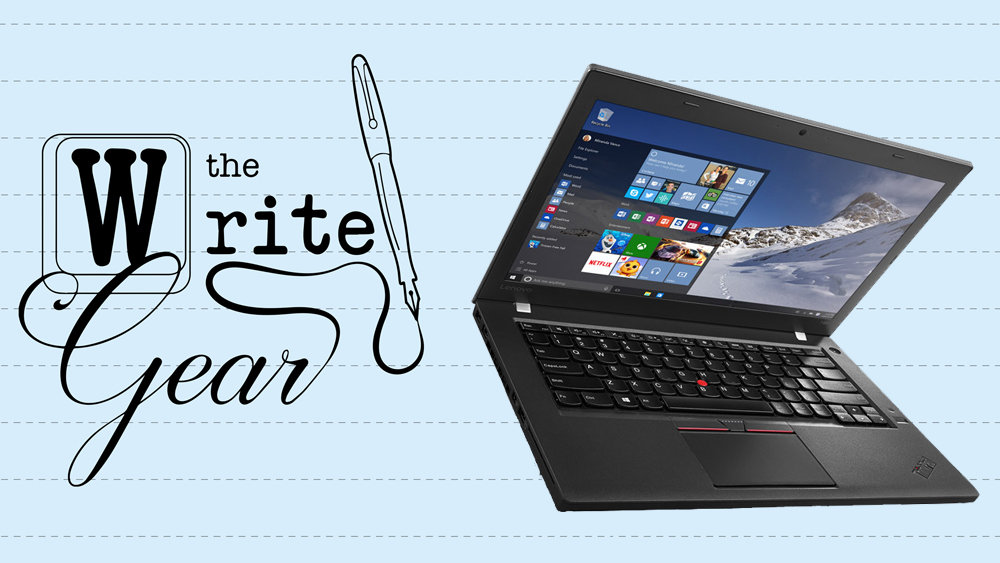
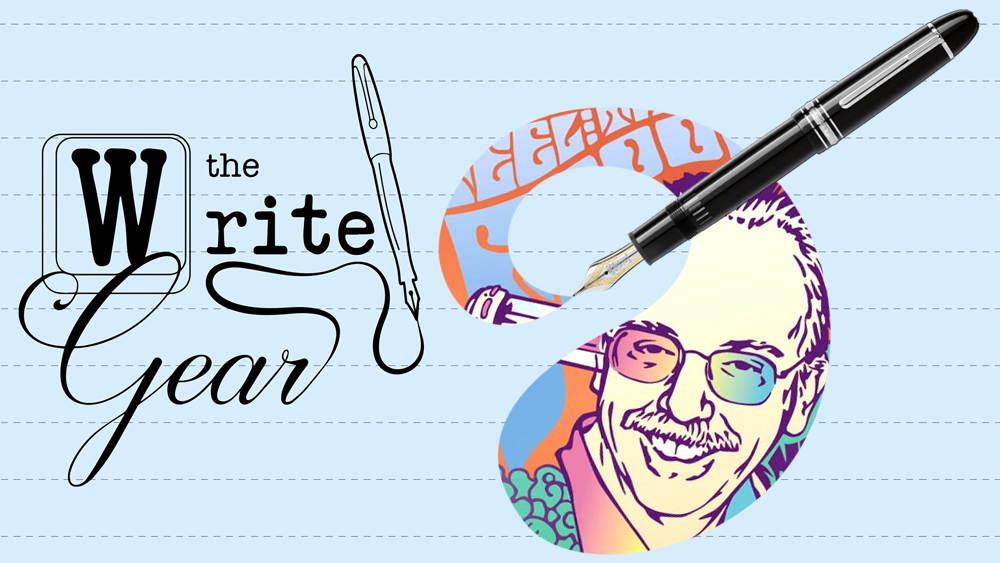


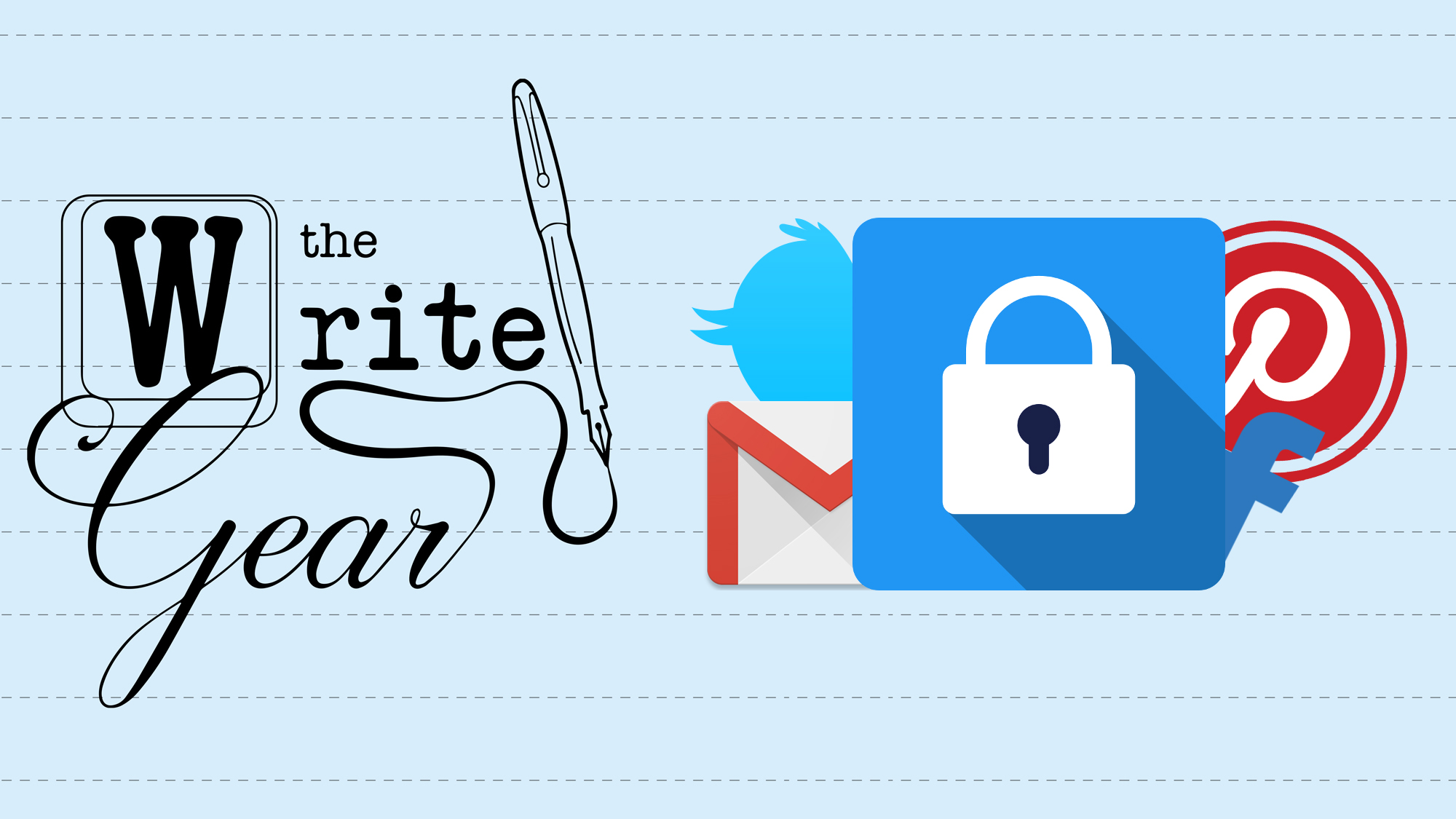
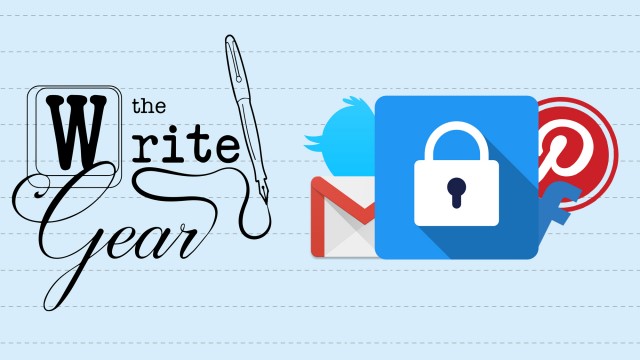
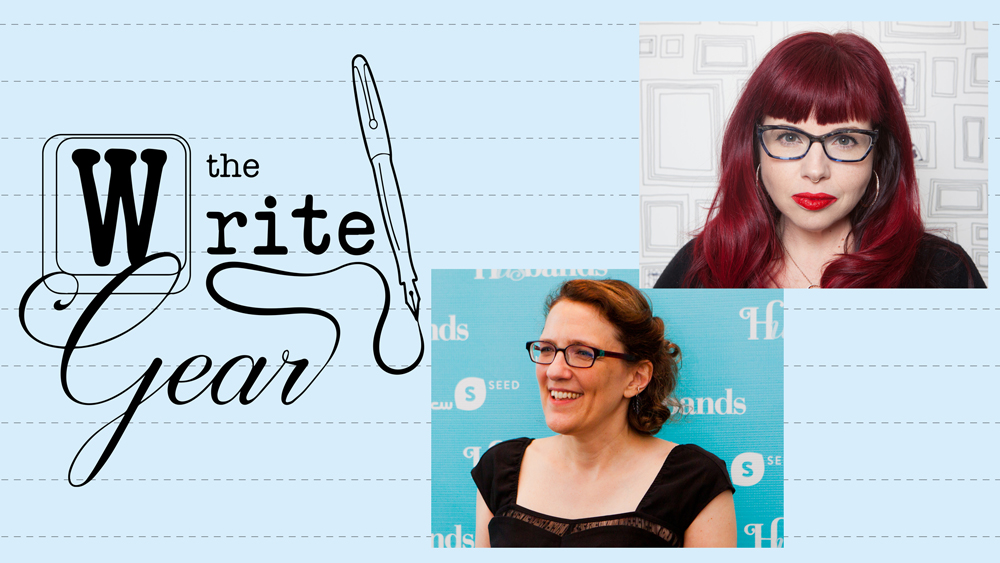
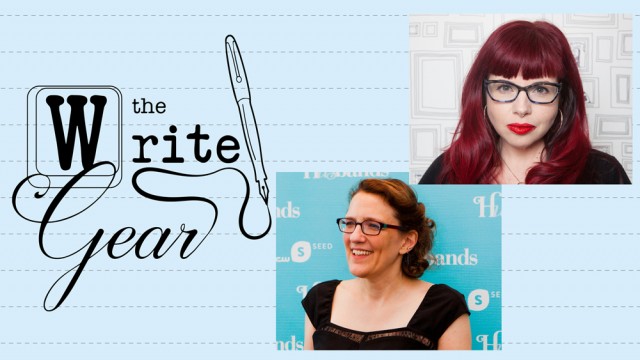
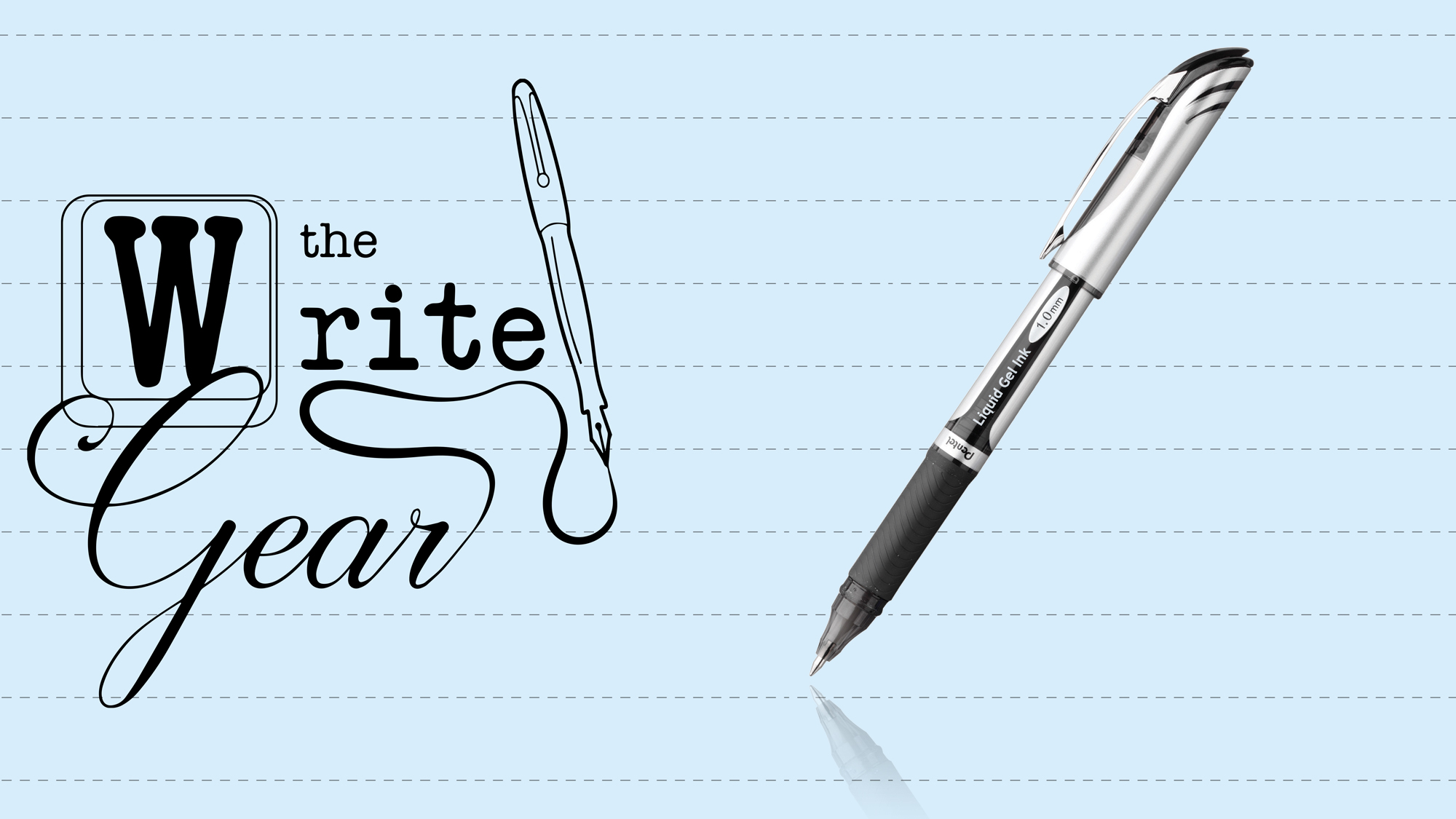
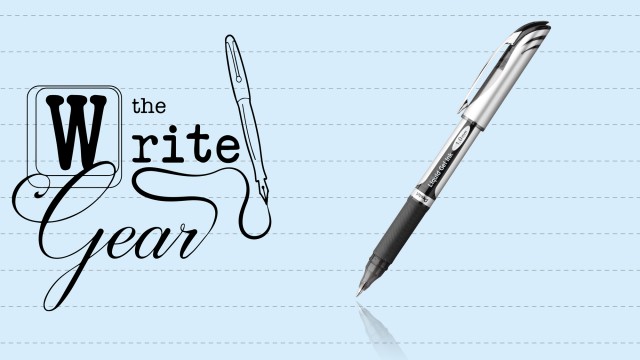


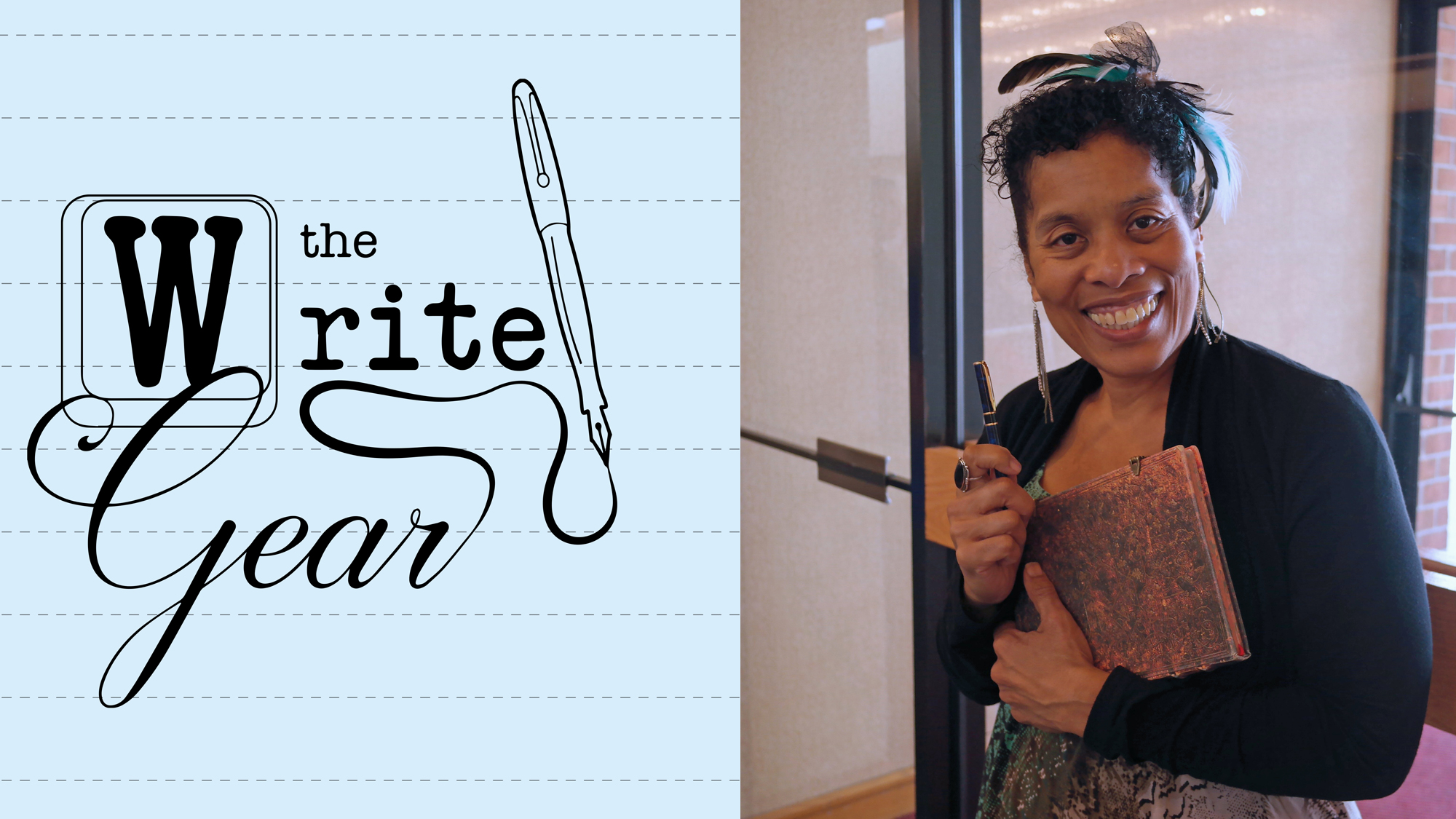

 I get that the emphasis on correct cursive can be detrimental, especially when you bring in the fact that some people may not have the fine motor skills to write the perfect G, and it’s silly to expect them to as long as they can write a G of any kind and recognize the letter and understand what it does in a word. And, let’s face it, the way we are taught to make Gs in cursive is ugly and dumb.
I get that the emphasis on correct cursive can be detrimental, especially when you bring in the fact that some people may not have the fine motor skills to write the perfect G, and it’s silly to expect them to as long as they can write a G of any kind and recognize the letter and understand what it does in a word. And, let’s face it, the way we are taught to make Gs in cursive is ugly and dumb.